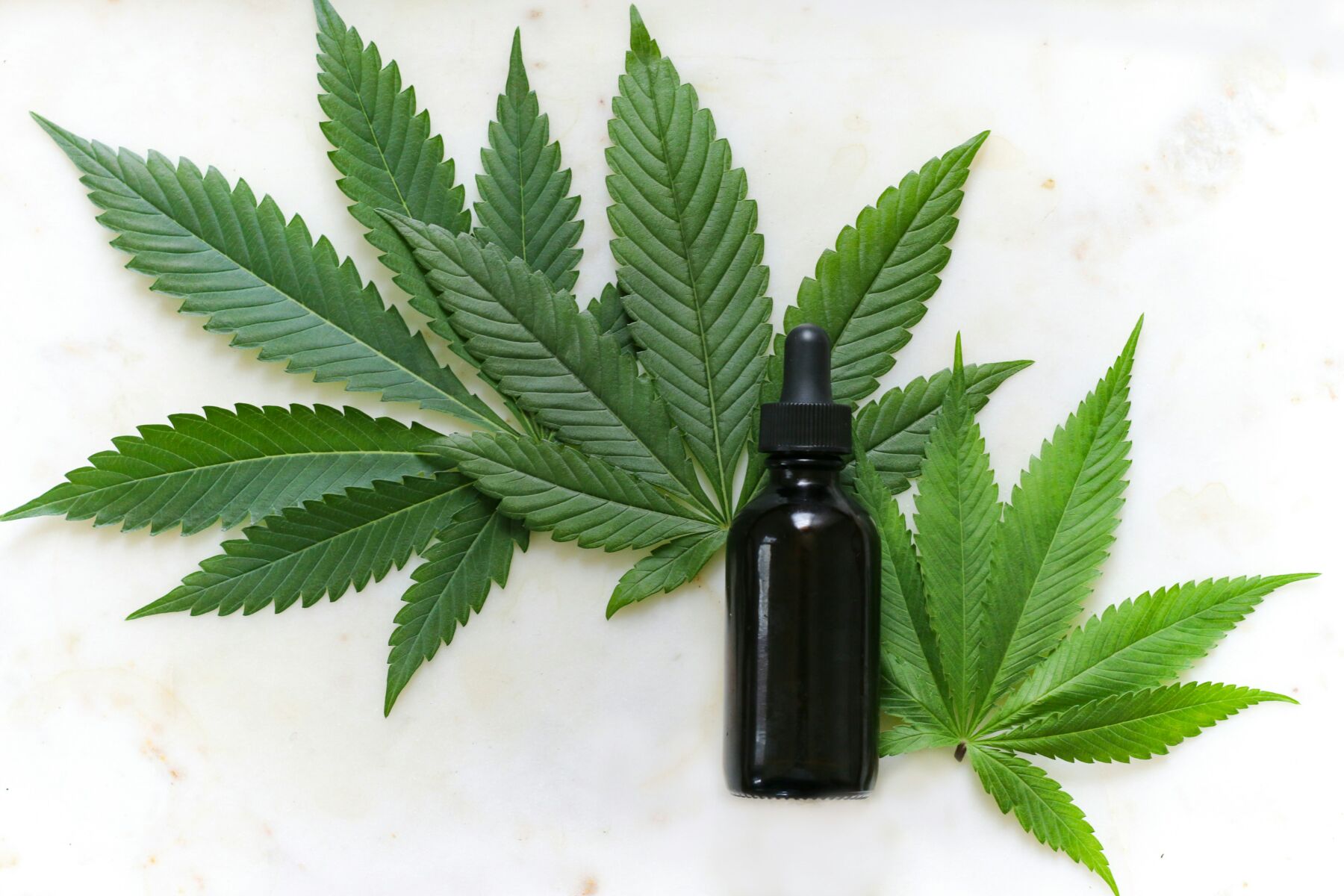Thais support reclassifying marijuana as illegal, NIDA poll

A recent survey by the National Institute of Development Administration (NIDA) poll reveals that a majority of Thais endorse plans to reclassify marijuana as an illegal drug, although opinions on its benefits remain divided.
The NIDA conducted the poll from May 14 to May 15, engaging 1,310 individuals aged 15 and over across various educational backgrounds and occupations. Participants were asked whether they consider cannabis a narcotic, and the responses were diverse.
Over half, 53.74%, acknowledged cannabis as an illicit narcotic but recognised its medical benefits. Conversely, 33.59% viewed it as a narcotic with no benefits at all. A smaller segment, 11.60%, did not consider it an illegal drug, while 1.07% were unsure.
When queried about the government’s intention to relist marijuana as an illegal narcotic, 60.38% completely agreed with the move, while 15.27% moderately agreed. In contrast, 14.50% strongly disagreed, and 8.93% moderately disagreed, with 0.92% either uncertain or uninterested.
Opinions on the government’s cannabis policy also varied. A significant majority, 74.58%, believed the policy was aimed at medical purposes and the treatment of illnesses. Meanwhile, 19.39% argued that the government should not support any cannabis-related policies, reported Bangkok Post.
Another 10.53% felt the policy promotes the legal development of cannabis products, and 7.40% saw it as a means to boost people’s incomes. A smaller portion, 3.21%, thought the policy supports recreational use, while 0.99% were either unsure or indifferent.
In related news, in a significant public announcement, Deputy Prime Minister Anutin Charnvirakul voiced his stance on the ongoing cannabis debate in Thailand, declaring he supports regulated use. This followed an interview with Thai Prime Minister Srettha Thavisin on France 24, in which the leader suggested the reclassification of marijuana as an illicit substance due to its deemed harmful effects on Thai society.
The 62 year old Thai prime minister argued that the negative impacts outweighed the potential economic benefits.
Anutin, formerly the Minister of Public Health, expressed his agreement with the government’s existing policy which allowed the use of cannabis in medical, economic, and research fields.
Latest Thailand News
Follow The Thaiger on Google News:


























